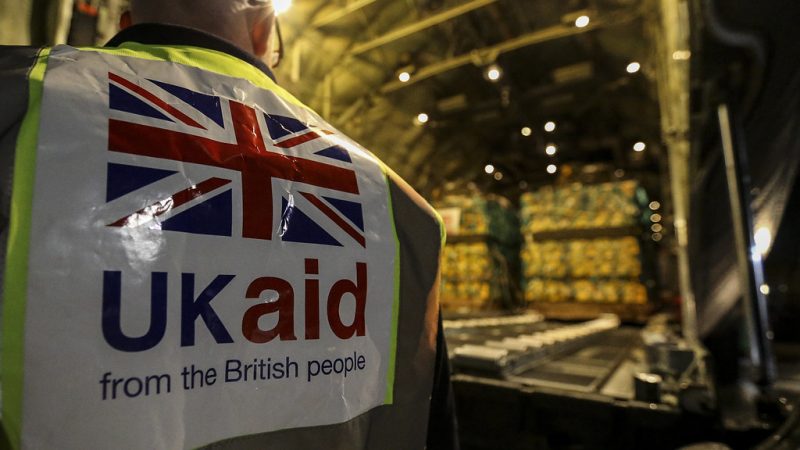'The UK was the only G7 country to cut foreign aid during the pandemic. Its routine failure to meet funding deadlines as well as reinstate the 0.7% target means that far too many people in the developing world are suffering the catastrophic effects of the UK government’s decisions.'

An alarming new report shows that the government’s cuts to spending on international aid and missing of funding deadlines is exacerbating humanitarian crises around the world, says the SNP.
The International Rescue Committee’s (IRC) latest Emergency Watchlist report identifies the countries at greatest risk of humanitarian crises in 2023. Ethiopia, Afghanistan and Somalia are identified as the countries at risk of the most severe crises, as well as Yemen, Haiti and Ukraine.
Many of the ‘guardrails’ that protect communities in places affected by catastrophes have been weakened, leaving three key accelerators of humanitarian need – conflict, economic turmoil and climate change – unchecked, the report shows.
Despite the challenges, the UK government has declined to reinstate the 0.7 percent of Gross National Income (GNI) target on international development. The target was abandoned in 2020 by the then chancellor Rishi Sunak. It meant that Britain was the only G7 country to cut spending to foreign aid during the pandemic.
In the Autumn Statement announced in November, the Tories went against their 2019 manifesto pledge to keep foreign aid at 0.7 percent of GNI. Instead, the chancellor said the spend will stay at 0.5 percent until April 2028.
The move was criticised, with Preet Kaur Gill, Labour’s shadow international development secretary, saying:
“The Tory manifesto promised 0.7 per cent but that promise was only kept for one year.
“Over the past decade aid spending has been a rollercoaster but the long-lasting legacy is the trashing of DFID [Department for International Development], in a historic act of institutional vandalism destroying Britain’s international reputation.”
If the government had kept its manifesto pledge, the Official Development Assistance, government aid that promotes and specifically targets the economic development and welfare of developing countries, would have been £4.6bn bigger, say reports.
Furthermore, the government has missed successive funding deadlines for several international aid programmes, including the Green Climate Fund and Global Fund to Fight AIDS, Tuberculosis and Malaria.
After missing the deadline to donate to the Global Fund to Fight Aids in October, the UK director at STOPAIDS described Britain has an “unreliable partner.”
The SNP is calling for the 0.7 percent target to be reinstated to help protect the most vulnerable communities around the world.
Alyn Smith, the party’s Europe and EU Ascension spokesperson, said: “The IRC’s Annual Report demonstrates the need for the UK to take its international development responsibilities seriously.
“The UK was the only G7 country to cut foreign aid during the pandemic. Its routine failure to meet funding deadlines as well as reinstate the 0.7% target means that far too many people in the developing world are suffering the catastrophic effects of the UK government’s decisions.
“The situation is dire but it is not too late to help many of those most at risk of humanitarian disasters in the coming months.
“The need is all the more pressing as we face a global food crisis, worsening economic headwinds and the increasingly devastating effects of climate change. The UK has the means to help those who need it most and it is a damning indictment of its current state of affairs that it is failing to do so,” Smith continued.
Gabrielle Pickard-Whitehead is a contributing editor to Left Foot Forward
Left Foot Forward doesn't have the backing of big business or billionaires. We rely on the kind and generous support of ordinary people like you.
You can support hard-hitting journalism that holds the right to account, provides a forum for debate among progressives, and covers the stories the rest of the media ignore. Donate today.



